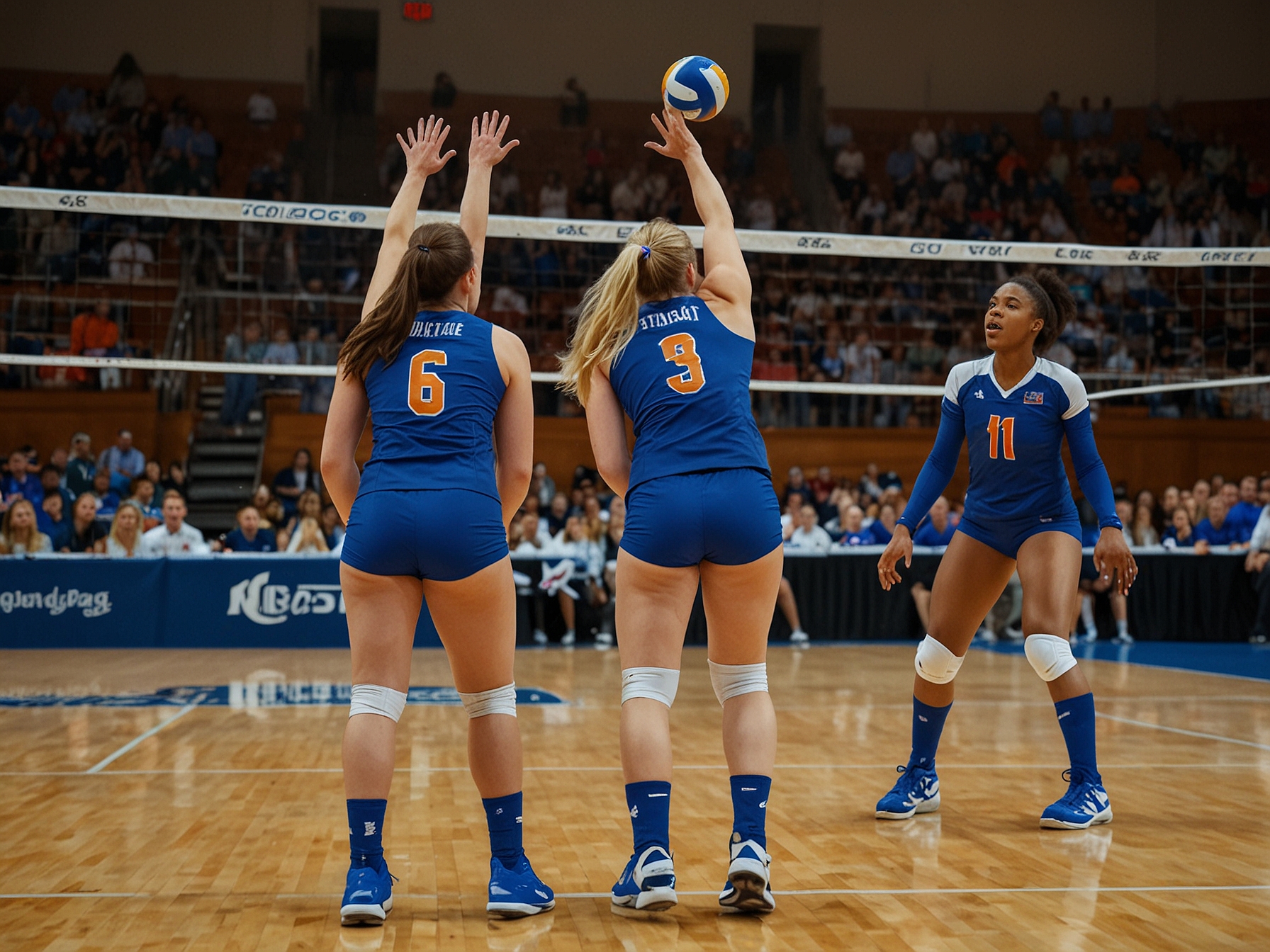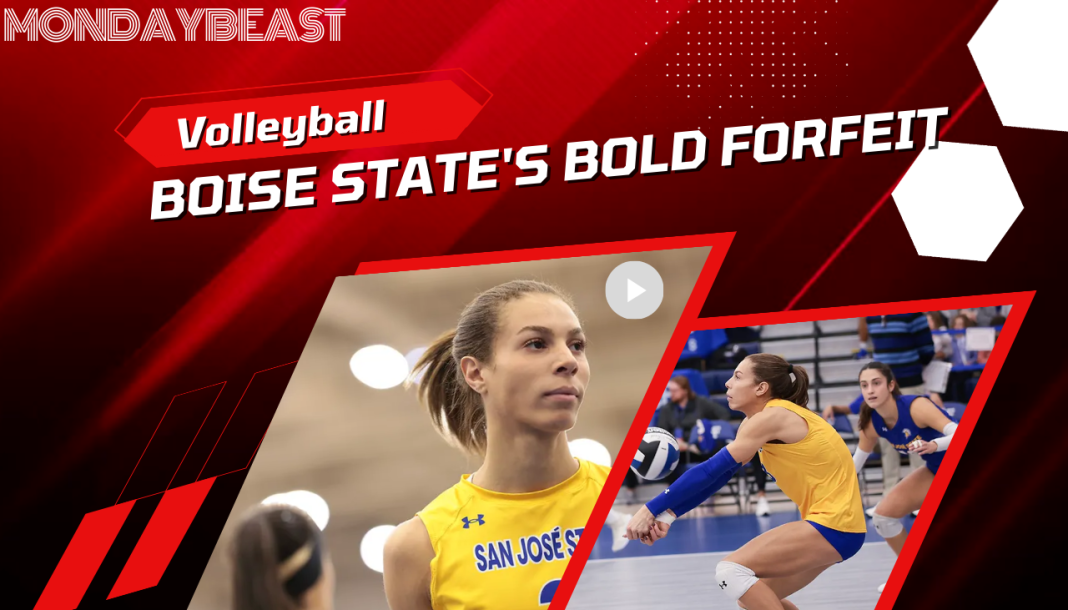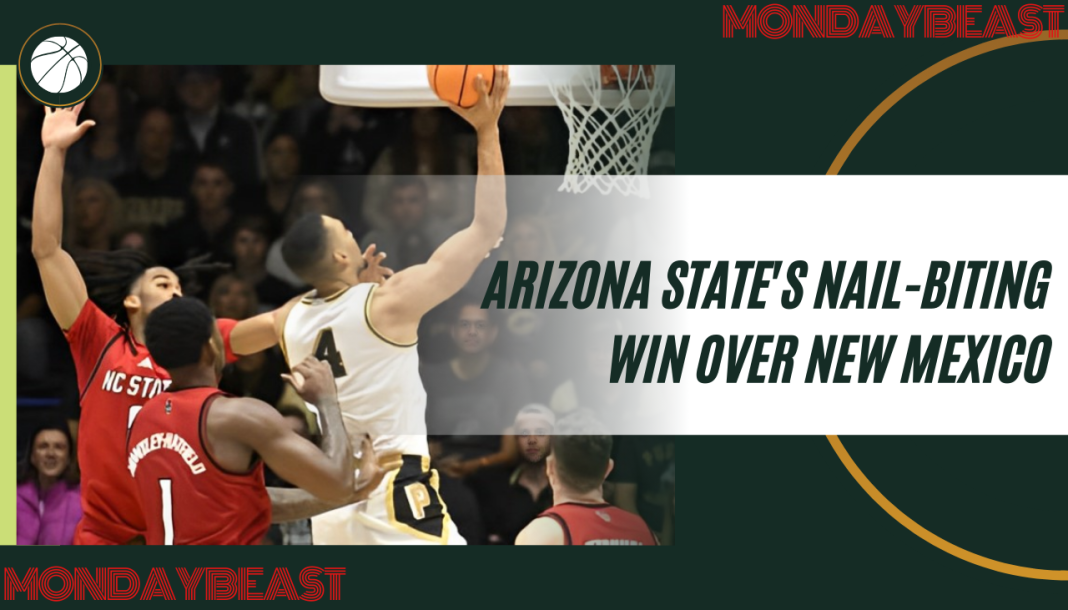Boise State’s recent decision to forfeit a shot at the Mountain West volleyball title has set off a whirlwind of emotions. Against the backdrop of a highly competitive tournament, their choice was both controversial and commendable. It raises questions about inclusivity, fairness, and the future of college athletics.

The Lady Broncos faced San Jose State, a team with trans athlete Blaire Fleming. The stakes were high, and the ramifications profound. What motivates a team to give up everything? Was this a noble stand for equality or a misguided decision that jeopardizes hard-earned success?
After their decisive win over Utah State, a moment of optimism quickly turned to deliberation. Boise State knew that playing the semifinal would mean facing a stark reality: a trans player on the opposing side. “The decision to not continue was not easy,” said the Broncos Athletics department. They were clear. Their athletes deserved a better system—one that would truly serve all competitors.

This sentiment resonates with many across social media. From casual fans to professional analysts, reactions were diverse. Some praised the Lady Broncos for prioritizing their values over victory, while others questioned the implications of their choice. They point to the broader context of college sports, where fairness and inclusion often clash.
This was not the first encounter between Boise State and SJSU. The Broncos have now forfeited three times against SJSU this season alone. Did they anticipate that forfeits would play a pivotal role in SJSU securing the conference’s high seed? It’s a complex web of decisions.

Moreover, as SJSU waltzes into the final match without having played a game, one can’t help but ponder the implications. They step into the spotlight under unusual circumstances—victory without competition. Is this truly what winning looks like in sports today?
The recent legal battles surrounding Title IX and the inclusion of trans athletes add another layer. A dozen volleyball players are making headlines as they dispute the conference’s policies. Their argument? It’s a fight for rights, for recognition, and for fair play.
The recent rulings from Judge Kato Crews also cast shadows on their plight. His dismissal of a motion for injunctive relief raises further questions about the existing framework of college athletics. Are the players being heard? Or are larger policies overshadowing individual rights?
As players begin to navigate these turbulent waters, fundamental issues arise. What does it mean to support diversity in sports? Can we find common ground that honors all athletes, regardless of background? The answer remains murky amid the clashing opinions.
In the wake of Boise State’s decision, there’s a palpable tension. Are they champions of inclusion, or merely stumbling through a complex moral landscape? Only time might unveil the true legacy of their choice. For now, one thing is clear: sports extend far beyond the court. They encapsulate values, courage, and the continuous evolution of what it means to compete. It’s a saga unfolding right before our eyes, and it begs reflection. What will we choose to champion moving forward?




